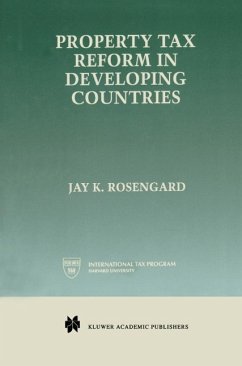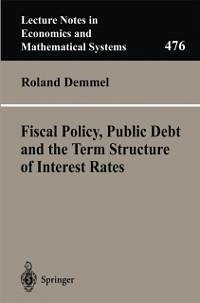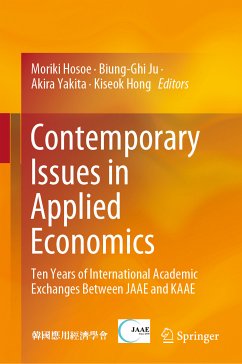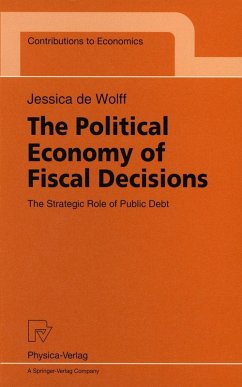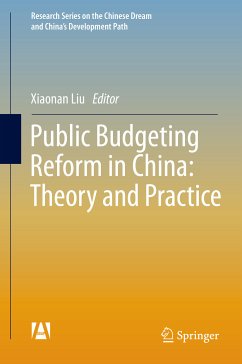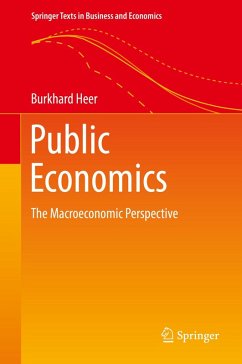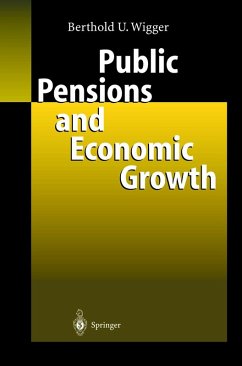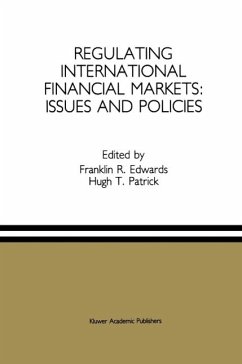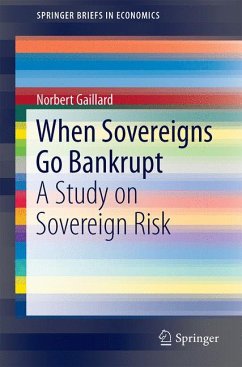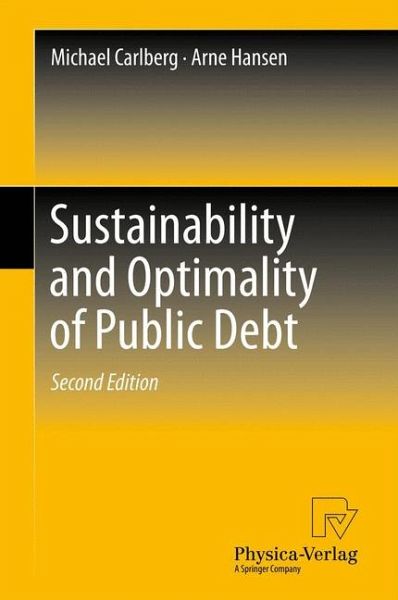
Sustainability and Optimality of Public Debt (eBook, PDF)
Versandkostenfrei!
Sofort per Download lieferbar
72,95 €
inkl. MwSt.
Weitere Ausgaben:

PAYBACK Punkte
36 °P sammeln!
This book studies the sustainability and optimality of public debt under different scenarios: the closed economy, the small open economy, and a two-country setting. Sustainability refers to the existence and the stability of the long-run equilibrium. Optimality relates to the path of public debt that maximizes discounted utility. The analysis is conducted within the framework of the Solow model, the overlapping generations model and the infinite horizon model. The government can follow different strategies, it either fixes the deficit ratio or the tax rate. As a result, a fixed deficit ratio g...
This book studies the sustainability and optimality of public debt under different scenarios: the closed economy, the small open economy, and a two-country setting. Sustainability refers to the existence and the stability of the long-run equilibrium. Optimality relates to the path of public debt that maximizes discounted utility. The analysis is conducted within the framework of the Solow model, the overlapping generations model and the infinite horizon model. The government can follow different strategies, it either fixes the deficit ratio or the tax rate. As a result, a fixed deficit ratio generally can be sustained. By contrast, a fixed tax rate generally cannot be sustained. Depending on the chosen fiscal strategy, there exists either an optimal deficit ratio or an optimal tax rate that maximizes the sum of consumption and government purchases per capita.
Dieser Download kann aus rechtlichen Gründen nur mit Rechnungsadresse in A, B, BG, CY, CZ, D, DK, EW, E, FIN, F, GR, HR, H, IRL, I, LT, L, LR, M, NL, PL, P, R, S, SLO, SK ausgeliefert werden.




